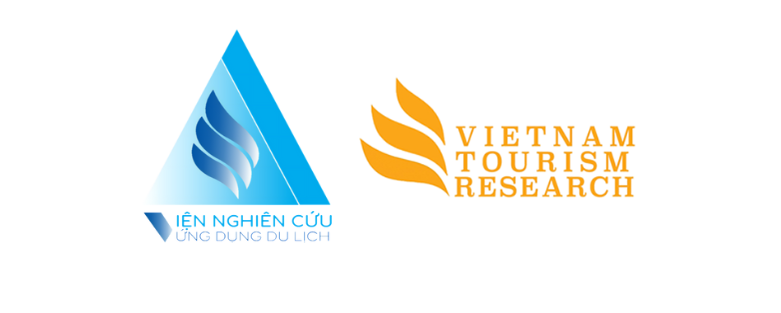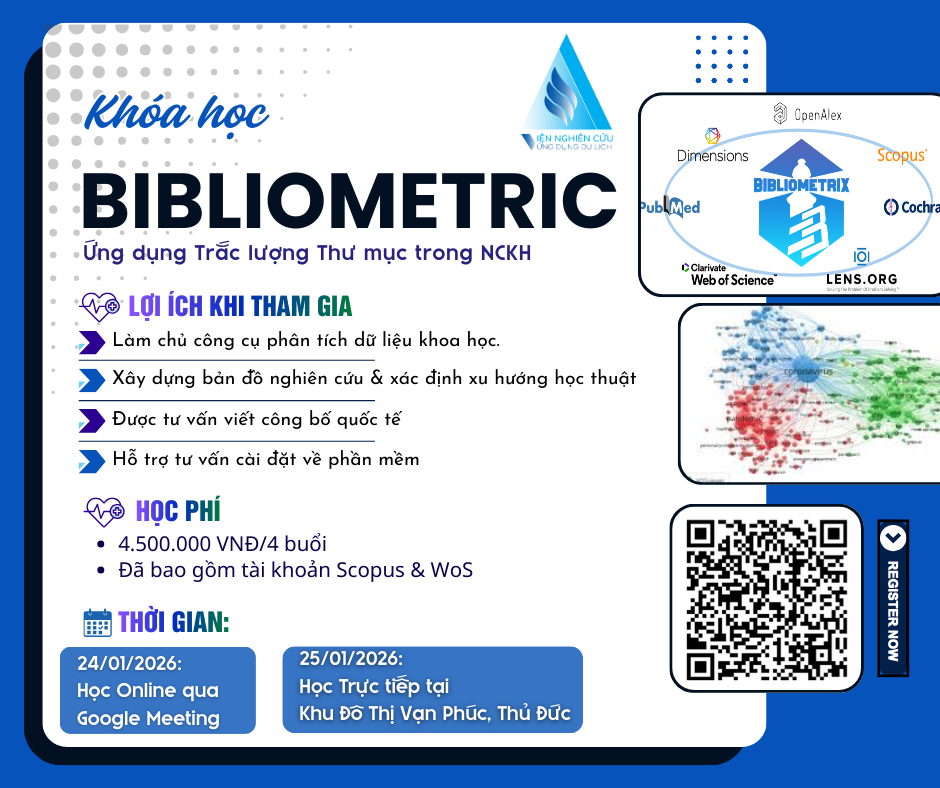This post is also available in:
Tiếng Việt (Vietnamese)
The global tourism industry is undergoing a historical inflection point, driven by the far-reaching influence of artificial intelligence (AI). From personalizing travel journeys to optimizing operations and promoting sustainable development, AI is fundamentally reshaping how humans explore the world. Yet, this transformation also brings ethical dilemmas and existential questions about the human role in an increasingly automated travel landscape. This article provides a comprehensive, multidimensional analysis of AI’s impact on the present and future of tourism.
A New Era of Hyper-Personalized Travel
Among AI’s most revolutionary contributions to tourism is its capacity for personalization at scale. Machine learning algorithms can process millions of data points—user behavior history, travel preferences, seasonal interests, budget sensitivity, even emotional states—to curate highly tailored travel itineraries. No longer relying on generic suggestions, AI can design custom journeys for a seaside-loving family with toddlers or an adventurous couple seeking highland escapes during optimal weather windows and within precise budgets.
AI-powered virtual travel assistants—intelligent chatbots—have evolved into real-time companions, responding to nuanced queries like “Are there vegetarian restaurants nearby?” or “What is a beginner-friendly trekking route in this region?”. These systems interpret user context, physical location, and behavioral patterns to offer high-relevance, personalized suggestions—an evolution far beyond traditional search engines.
Real-Time Optimization of Travel Itineraries
AI goes beyond destination selection to support real-time itinerary generation and adjustment. Smart travel planning platforms can integrate weather data, traffic conditions, historical visitor flows, and personal priorities to propose optimized departure times, rest stops, accommodation, and activity scheduling. When unexpected disruptions arise, such as delays or adverse weather, the system can autonomously adapt the plan.
This is particularly valuable for multi-destination journeys, where balancing comfort, cost, and time can be overwhelming. Instead of spending hours researching, users input a few parameters, and AI builds an efficient itinerary—complete with booking suggestions, transportation options, and calendar synchronization.
Augmented Experiences and Predictive Services at Destinations
At the destination level, AI continues to enhance service quality and engagement. Intelligent systems not only assist with reservations, tickets, or FAQs but also predict emerging needs, such as recommending alternative attractions during inclement weather or alerting travelers to overcrowded sites.
The integration of AI, virtual reality (VR), and augmented reality (AR) is creating entirely new modalities of exploration. Visitors can “time travel” through reconstructed historical sites via AR or embark on simulated adventures—such as an Antarctic expedition—before deciding to travel physically. These technologies not only elevate the visitor experience but also democratize access for people with physical limitations or financial constraints.
Operational Automation and Sustainability Enhancement
At the infrastructure level, AI is transforming tourism operations. Predictive analytics empower businesses to anticipate peak seasons, optimize room pricing, allocate staff efficiently, and reduce overheads. Accurate forecasts also help avoid over-tourism, ensuring quality experiences and better resource management.
AI also facilitates environmental resource management—an increasingly critical pillar of sustainable tourism. Real-time systems monitor energy, water, and waste consumption, triggering alerts when thresholds are breached. This enables accommodation providers and destination managers to minimize ecological footprints. AI also supports security management by detecting anomalous behavior through camera feeds and enhancing safety in high-traffic areas.
Balancing Technology with Human-Centered Tourism
Despite its advantages, AI adoption in tourism raises pressing ethical and social concerns. Chief among them is data privacy—as AI depends on extensive data collection, including user behavior, location, spending habits, and interactions. Without robust governance, the risk of data breaches or misuse is significant.
Additionally, algorithmic bias is a major issue. If trained on non-representative datasets, AI may produce culturally skewed recommendations, excluding marginalized groups or perpetuating service inequalities. Moreover, excessive automation risks eroding local authenticity and human interaction—core elements of meaningful travel.
Toward Responsible AI: Redefining Human-Centered Travel
Integrating AI sustainably into tourism requires multi-stakeholder collaboration—technology firms, policymakers, ethicists, and local communities. Clear ethical frameworks must govern how AI collects, processes, and applies user data. Crucially, AI should serve as an enhancement, not a replacement, of human roles.
Cross-sector dialogue, public education, and critical discourse are essential for cultivating a healthy AI ecosystem in tourism. When deployed responsibly, AI can elevate human value rather than obscure it—making travel more accessible, intuitive, immersive, and ethically grounded.
In this AI-powered future, the challenge is not to automate everything, but to reclaim the essence of travel: connection, discovery, and empathy—augmented, but not diluted, by intelligent machines.









